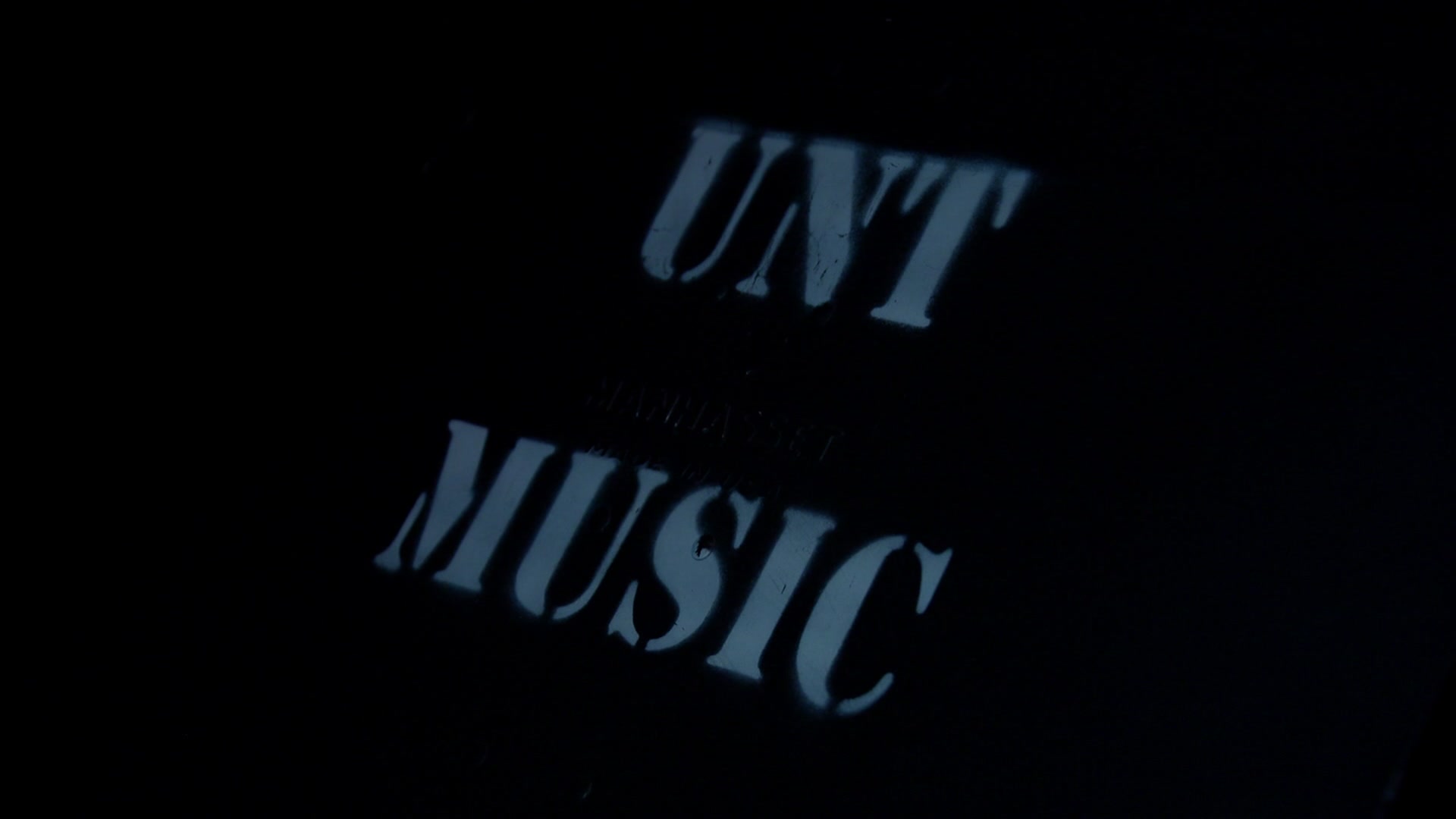The front lines in the new war on drugs – the growing opioid epidemic – will be drawn in North Texas on Wednesday as the International Brotherhood of Teamsters will stage a protest outside of the annual shareholders meeting of McKesson Corporation, the nation’s largest pharmaceutical distributor.
McKesson, which ranks 5th on the most recent version of the Fortune 500 list, has offices in Irving and last year announced a planned expansion which would add approximately 1,000 additional local jobs.
The Teamsters are targeting McKesson, in part, because the union claims the company has failed to take proper ownership of an industry practice that has claimed an ever-increasing number of lives.
“This is as clear-cut a case as I have ever seen of putting pure profit ahead of the well-being of American citizens,” said Ken Hall, General Secretary Treasurer of the Teamsters union. “I’m not talking about making somebody sick. We’re talking about killing people.”
Drug overdose deaths have skyrocketed in recent years, many of which come from misuse of prescription opioid pain medication.
Upwards of 59,000 people died of drug overdoses in 2016, according to an analysis of data by the New York Times, which would be the largest annual jump ever recorded in the United States.
By comparison, 40,200 people were killed in car crashes in 2016, according to the National Safety Council.
Local
The latest news from around North Texas.
According to statistics released by the FBI, 15,696 people were the victims of homicide in 2015, the most recent year for which there is data available.
In January of this year, McKesson agreed to pay a record $150 million penalty for alleged violations of the Controlled Substances Act, according to the United States Department of Justice.
Federal investigators alleged that McKesson failed to report suspicious orders of pharmaceutical drugs. For example, of 1.6 million orders for controlled substances in Colorado, McKesson flagged 16 as suspcious - all connected to one instance related to a recently terminated customer.
“McKesson supplied various U.S. pharmacies an increasing amount of oxycodone and hydrocodone pills, frequently misused products that are part of the current opioid epidemic,” the DOJ noted in a news release about the settlement.
The investigation that resulted in the record settlement came on the heels of a 2008 settlement in which McKesson agreed to pay a $13.25 million penalty for similar violations.
“In the [more recent] case, the government alleged again that McKesson failed to design and implement an effective system to detect and report ‘suspicious orders’ for controlled substances,” the DOJ wrote.
In a statement posted on the McKesson corporate website, Chairman and CEO John Hammergren emphasized his company’s role in the current concern regarding the distribution of prescription pain medicine.
“Pharmaceutical distributors play an important role in identifying and combating prescription drug diversion and abuse,” Hammergren wrote. “McKesson, as one of the nation's largest distributors, takes our role seriously."
In the corporate statement, a McKesson spokesperson wrote the following:
"McKesson is committed to working with the DEA (Drug Enforcement Agency) on an ongoing basis to identify new ways to prevent misuse of controlled substances. As part of the settlement agreement reached, McKesson and the DEA plan to meet regularly over the next five years to ensure ongoing alignment."
In a statement provided to NBC DFW on Wednesday, a McKesson spokesperson emphasized its commitment to increased oversight.
“We take our responsibility to help manage the safety and integrity of the pharmaceutical supply chain extremely seriously and are committed to maintaining -- and continuously improving -- strong programs designed to detect and prevent opioid diversion," Kristin Hunter Chasen wrote. “While we don’t manufacture, prescribe or dispense opioids to patients, we are doing everything we can to help address this crisis in close partnership with doctors, pharmacists, government and other organizations across the supply chain.”
McKesson’s shareholders will gather in Irving on Wednesday as part of an annual meeting in an effort to encourage investors to join the union in pushing the company to implement reform.
“It would not take a lot of oversight to figure out, for a company like McKesson, that there is a problem and that those drugs are being abused,” said Ken Hall of the Teamsters.
In addition, the Teamsters will urge shareholders to “vote against the latest compensation package for CEO John Hammergren, which has not only made him the country's third highest paid CEO but has insulated him from the legal, political and reputational risks surrounding the company's role in the opioid crisis,” a Teamsters press release noted.
On Wednesday, a McKesson spokesperson noted that although the Teamsters do have a finanncial stake as shareholders in the company, the labor union has another reason to protest, as well.
“The recent efforts by the Teamsters labor union do little to address the root causes of the opioid epidemic. Nor can these attack efforts be disentangled from the labor contract dispute the Teamsters have been engaged in at one of our company’s facilities," the spokesperson wrote.
In March 2016, Texas Governor Greg Abbott announced that McKesson “will consolidate and expand its operations in the Dallas metro area and open a new regional office in Irving,” according to a news release.
McKesson’s expansion is projected to create at least 975 new jobs and $157 million in capital investment in the State of Texas.
“This expansion is yet another testament to the power of Texas’ low-tax, low-regulation economic climate that continues to attract industry leaders, innovators, and job creators from around the globe,” Governor Abbott said.




